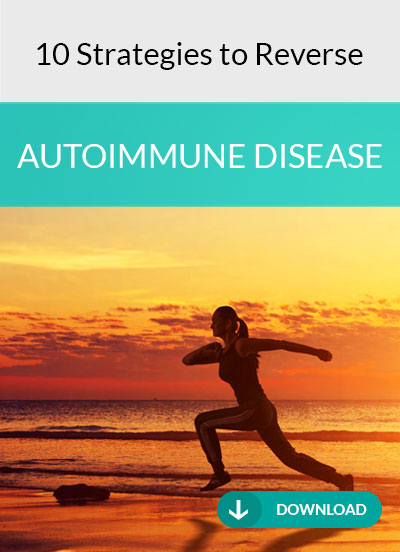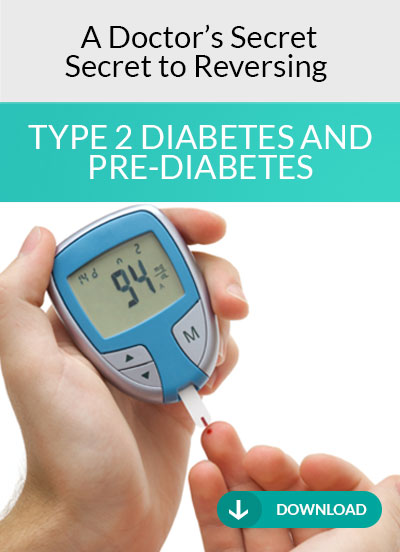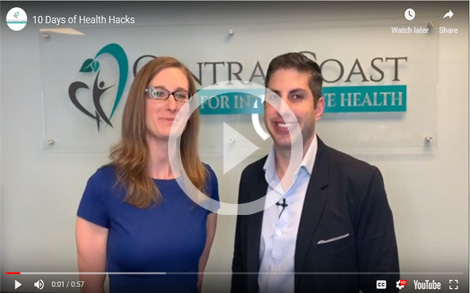Thanks to science and public awareness, we know environmental pollution from industry harms our health. Same goes with tobacco. But did you know “social pollution” is just as harmful? Social pollution refers to the long hours, lack of economic security, high cost of health care, exhaustion, surviving in a gig economy, lack of parental support, and high stress that has come to characterize work life in the United States and other industrialized countries. It is now recognized as they fifth leading cause of death.
In the new book Dying for a Paycheck, author and Stanford University professor Jeffrey Pfeffer uncovers the disastrous toll of modern work life on human health.
Sixty-one percent of American workers say workplace stress has made them sick, and 7 percent have been hospitalized by it.
Workplace stress leads to the chronic diseases that make up three quarters of the health problems crushing our health care system, including diabetes, metabolic syndrome (pre-diabetes) cardiovascular disease, and circulatory diseases. Disorders such as alcoholism, drug addiction, and overeating are also linked to high stress and the erosion of family and social structures from work-related stress.
In fact, one of the worst aspects of modern work life is the effect it is having on our social support structures. Long, stressful hours at work breaks up marriages, children, and families, leaves too little time for healthy socializing with friends and family, and makes it difficult for single people to date or establish new relationships.
Research clearly shows regular healthy socialization is vital to good health and that isolation and lack of positive social time can be as bad for your health as smoking 15 cigarettes a day.
When work place stress and social pollution keeps you stuck in fight-or-flight mode
One of the many downsides to workplace stress and social pollution is that it can keep your nervous systems stuck in fight-or-flight mode. A normal stress response is to flee, fight, or freeze. When work stress and the havoc it causes on your home life is constant, you never get a chance to unwind from being in a constant fight-or-flight state.
The chronic stress from this is devastating to brain and body health. It accelerates brain aging, causes leaky gut, raises inflammation, imbalances the hormones, and increases the risk of obesity, cardiovascular disease, and addictive habits.
What can you do to protect yourself from social pollution and workplace stress
Unfortunately, most of us cannot single-handedly change this unhealthy situation in which we find ourselves. However, you can be aware of and not psychologically buy into the subtle or not-so-subtle shaming and unhealthy expectations around productivity.
Companies expect longer hours at lower pay yet provide little to no job security, sick days, maternity or paternity leaves, and so on. Be aware of this and don’t internalize the messaging that working long days with no days off makes you a better person. It doesn’t, it makes you a sicker person.
If you can downsize your housing, car payments, or other expenses, consider the positive impact living more modestly can have on your health. It could be the ticket to a dramatic health turn around.
However, not everyone can afford to downsize as many are working non-stop to barely get by. Although there is no easy answer to this, recognize your situation and don’t ask too much from yourself.
The more people who are aware of the problem, the better chance we have at changing public perception and workplace policies.
In the meantime, support your health the best you can with an anti-inflammatory diet, seek out support, and make sure to include healthy, restful, and relaxing time in your life as much as possible.
If you have a desk job and are too tired to make it to the gym, take regular breaks to move your body and go for short walks as frequently as possible. Regular physical activity is vital to the heath of your brain and body and will help protect you from the harm of workplace stress.
Ask my office for more ways we can help you buffer your body from the negative effects of too much stress.
Schedule a Complimentary Preliminary Consult (Click Here)
Phone: (805) 556-7200
Email: info@cccfih.com
Yours in health,
Dr. Brent Caplan & Dr. Tiffany Caplan
Board Certified in Integrative Medicine
Certified Functional Medicine Practitioner
Institute for Functional Medicine Certified Practitioner






